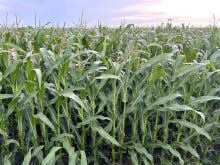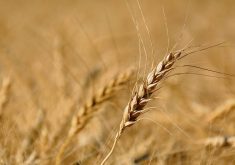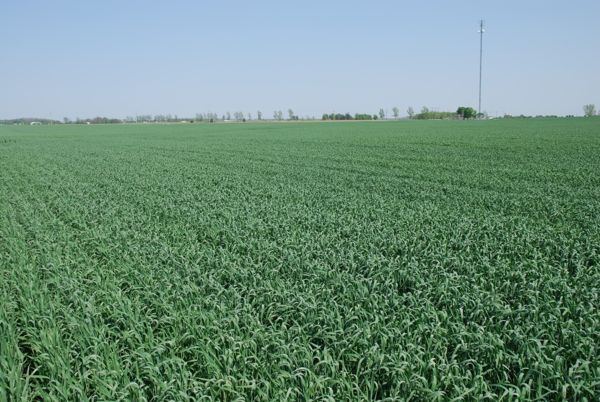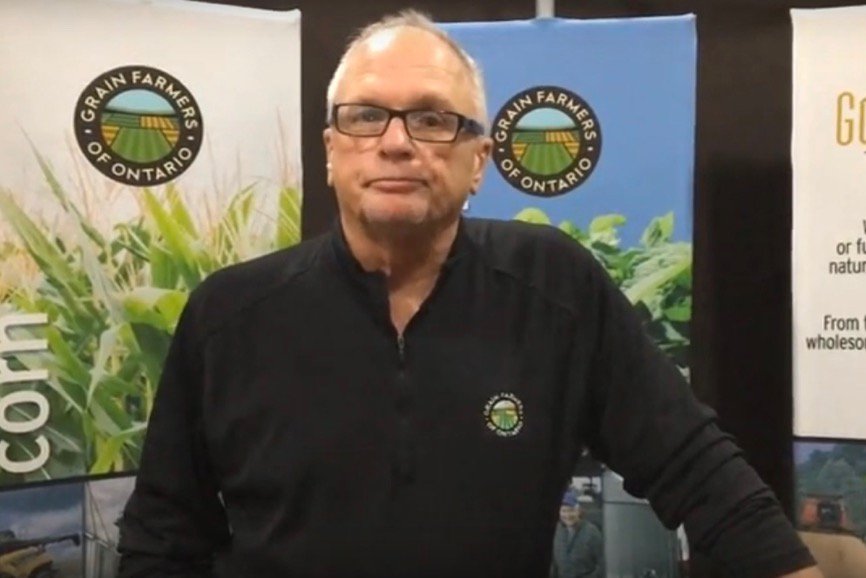Ontario corn and soybean growers have secured a meeting with the provincial ag minister on the farmers’ proposed Plan B to balance crop pest control against bee health.
Grain Farmers of Ontario said Thursday its representatives will meet March 26 with Agriculture Minister Jeff Leal to discuss the proposals laid out in GFO’s Ontario Pollinator Health Blueprint.
Leal and provincial Environment Minister Glen Murray were tasked in November with drafting new rules on seed treatment to reach an 80 per cent reduction in the number of acres planted with neonicotinoid-treated corn and soybean seed by 2017.
Read Also
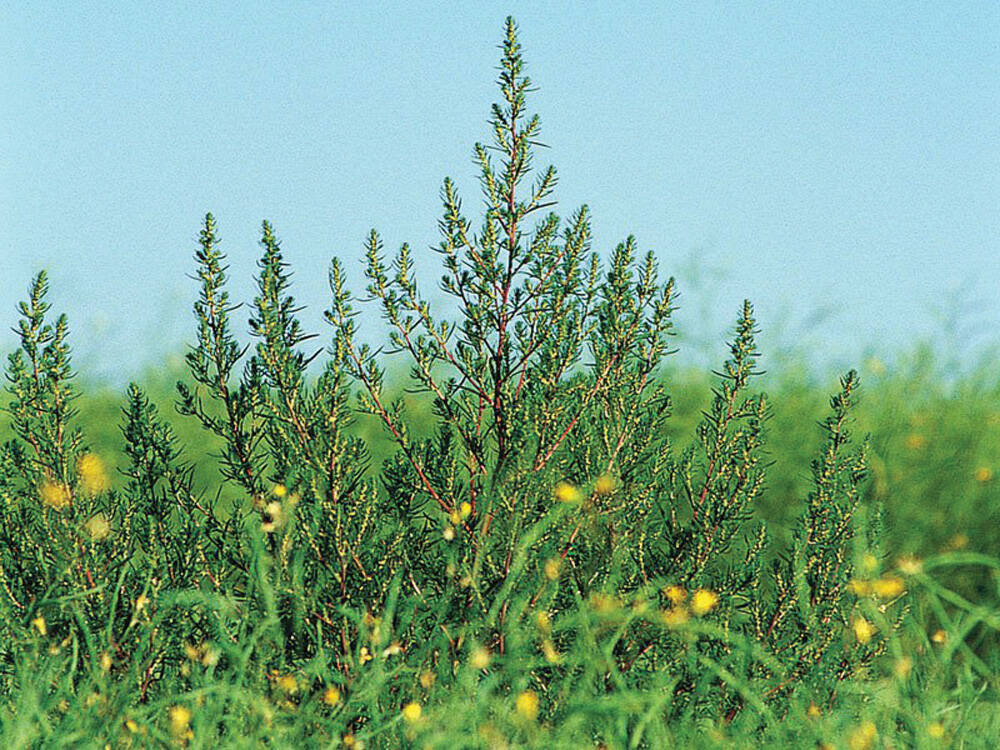
FMC Canada unveils 2026 crop protection roster
FMC Canada’s crop protection lineup for 2026 will include four products marketed for control of kochia.
The province’s new rules are expected to be in place by July 1 this year, to take effect with the 2016 planting season.
Premier Kathleen Wynne’s marching orders to Leal and Murray also called for a honeybee overwintering mortality rate of just 15 per cent by 2020, and development of a “pollinator health action plan.”
“We hope (Leal) takes the time to seriously consider a workable solution for all stakeholders, before the draft seed treatment regulations are released,” GFO chairman Mark Brock, a grower at Hensall, Ont., said in a release Thursday.
GFO said its Blueprint document was developed by its Pollinator Task Force including farmers, beekeepers and others in the ag value chain and was presented to the provincial government last week “as an alternative to the proposed seed treatment regulations.”
GFO’s Blueprint calls for reducing the risk of bee exposure to neonics such as clothianidin, thiamethoxam and imidacloprid, and reducing the volume of neonic seed treatment in Ontario
The document also calls for establishing, by 2018, a million acres of “self-sustaining pollinator habitat that will provide a sequence of continuous blooms throughout the seasons.”
That goal, GFO said, is to be reached by “repurposing farm land, private land, and public land for pollinator-friendly habitat.”
“Unique environment”
To cut the risk of bees’ pesticide exposure outside the hive, GFO proposes a point-of-purchase verification system for all purchases of insecticide-treated seed, subject to audits.
The system would make training, licensing and a seed bag recycling program mandatory for all farmers who buy insecticide-treated seed, and would make it mandatory to retrofit planters with equipment to reduce “fugitive” emissions of dust drift from seed treatments.
The system also calls for registration of all farms that use neonicotinoid-treated seed — and of all beekeeping operations — through the now-voluntary DriftWatch mapping program.
GFO said it also proposes to ensure all farmers in the province have access to untreated seed, understand the cost differences between treatment options, and consider untreated seed options through discussions with their seed suppliers.
Seed companies, GFO said, would be encouraged to make “fungicide-only” or “untreated” seed available in varieties representing every maturity range in Ontario, and to commit this year to cut back sales of seed treated with higher-rate applications of neonics.
The document also calls for beekeepers to follow standardized best management practices “tailored to Ontario’s unique beekeeping environment,” now being developed by Agriculture and Agri-Food Canada’s Bee Health Roundtable.
GFO also urges a new research program that would measure and report on pollinator health indicators, plus “immediate” expansion of AAFC’s National Monitoring and Surveillance program to include Ontario honeybees.
The surveillance program, meant to document the health profile of honeybee colonies in Canada, got underway in Manitoba and Alberta starting last year, GFO noted. — AGCanada.com Network



